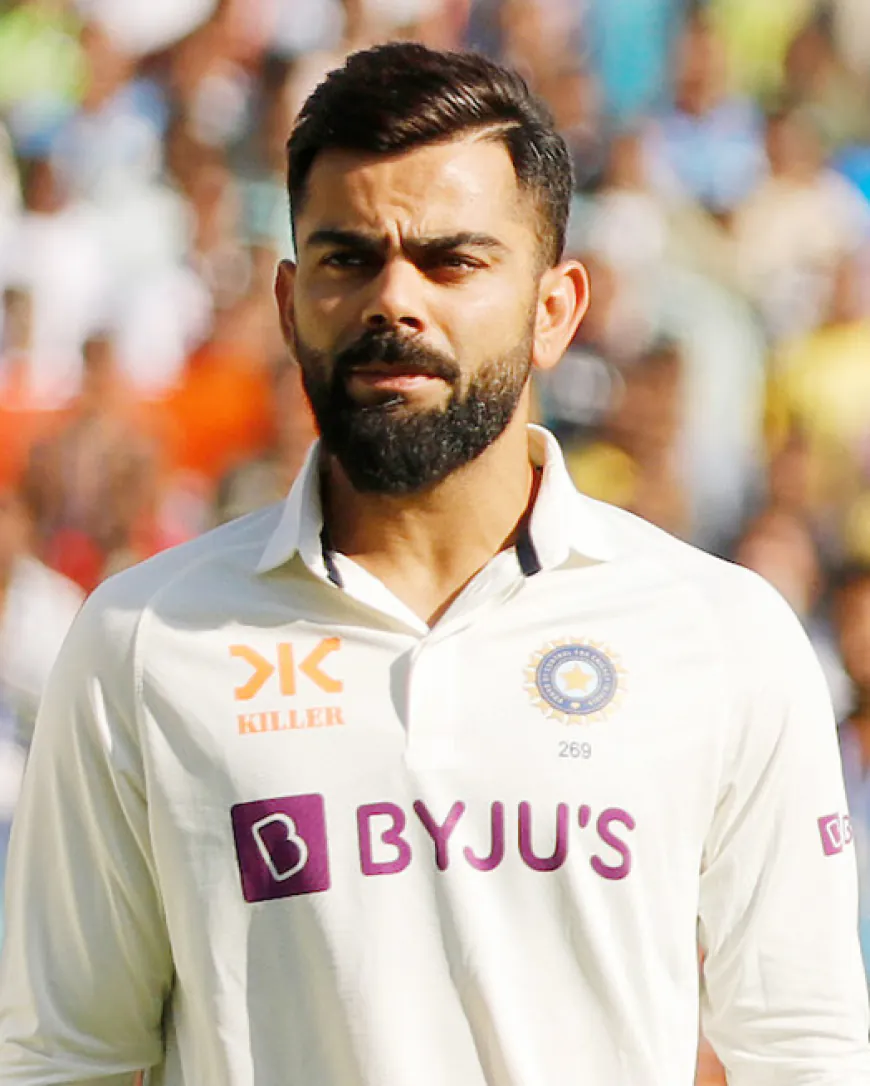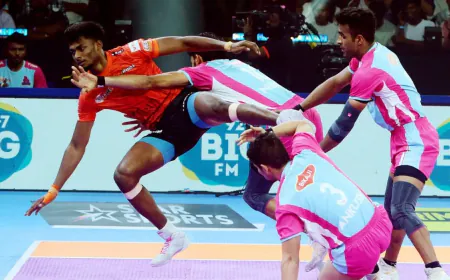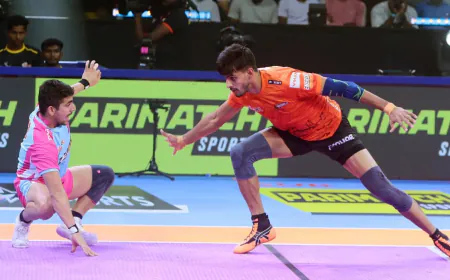Virat Kohli's Retirement - Thoughts of Greg Chappell on Timing and Dignity by Former Australian Cricket Captain.
Former Australian cricket captain Greg Chappell has given his opinion about the potential retirement of Virat Kohli, focusing on the fact that it should be timely and dignified. Chappell was appreciative of Kohli's impactful career and believes that when Kohli does retire, it should go well with the legacy of one of cricket's finest. The article takes a closer look at Chappell's view and Kohli's journey as an icon in the cricketing world.

Former Australian cricket captain Greg Chappell, who, during his stint as the coach of Indian cricket, had been amidst much controversy, recently poured out his thoughtful thoughts on modern cricketing icons like Virat Kohli, Steve Smith, and Joe Root, and when they retire. Writing for The Sydney Morning Herald, Chappell went on to explain the subtle process of decline that elite athletes go through, introducing what he came to term the "Elite Performance Decline Syndrome" (EPDS). According to him, it is the gradual yet inevitable mental and physical challenges accompanying the twilight of a cricketer's career.
Chappell said that retirement should be very personal, and not prompted by external factors but an inner realization of one's journey. He said, "For players like Kohli, Smith, and Root, the end will come—not when others tell them, but when they know. The battle against time isn't about victory; it's about leaving the game with dignity on their own terms."Chappell noted that decline is rarely dramatic for an elite player. Rather, it creeps in subtly, changing their once dominant playing styles. What is seen in Kohli, once adored for his aggressive, commanding starts, now borders on cautious. "It often takes Kohli 20 or 30 runs to regain the fluency that once came so naturally," Chappell observed, attributing this shift to the immense pressure of expectations and the creeping fear of failure.
This, he explained was the mark of EPDS: it is the self-doubt that's been tempering clarity and instinct, making a Kohli who's now more averse to risk. "Confidence is everything for an elite athlete," said Chappell. "When doubt creeps in, it unravels the clarity needed to dominate."
Steve Smith has a different fight to put up. This man is known for his unorthodox style and never-give-up attitude, which was once the hallmark of Smith. He is now unable to sustain the mental intensity. Chappell wrote, "Fatigue—both mental and physical—is a silent enemy. The weight of expectations, coupled with the effort required to sustain long innings, takes an emotional toll."
Similarly, Joe Root too has subtly undergone a change in recent times. Though his grace and adaptability are the cornerstones of his game, they have only witnessed subtle change. Still possessing that potential to handle both the spinners and pacers he has reduced his willingness to take risks. Chappell further quoted, "Root's fight is as much about regaining the pleasure of batting as it is about retaining form. The steepest battle, at times, is not even against the bowler opposite, but against silence in your head."
Chappell then delved into the science behind EPDS, explaining how this dual process of aging, which effects both the mind and the body, gradually sets in in a cricketer's performance. "These changes are inevitable," he noted. "What sets the greats apart is their ability to adapt to these challenges."
For the players of these cricket-loving countries like India, Australia, and England, this public scrutiny magnifies a decline. Every little bit of loss of form is material for chat, and this gets chopped up ad nauseam by supporters and analysts. "The toughest thing about batting is being conscious that you aren't what you once were," said Chappell from Sunil Gavaskar on that.
Resilience in Adversity
Despite these challenges, Chappell expressed admiration for how players like Kohli, Smith, and Root adapt and find ways to stay relevant. Kohli, for instance, has often rediscovered his rhythm after cautious starts, delivering match-winning performances. Similarly, Smith’s ability to grind through tough conditions and Root’s mastery across formats are testaments to their resilience.
Chappell wrote, "Getting to 20 or 30 runs becomes a psychological turning point. It is a reminder to themselves—and to us—of why they are among the all-time greats."
A Call to Celebrate Greatness
From personal experience, including the emotional farewell century at the SCG, Chappell reflected on how hard it is to let go. He urged fans to celebrate these players not just for their peak performances but also for their courage and adaptability during decline.
"Greatness isn't defined by their prime achievements," Chappell said. "It lies in how they endure, adapt, and finish their journeys. Kohli, Smith, and Root are penning the final chapters of their remarkable careers, and we should do justice to their resilience as much as their brilliance."
As these cricketing legends cut through the complexities of their careers, legacy reminds one that true greatness lies far beyond what the scoreboard holds in it; it lies in that spirit of unyielding will and the dignity to take everything that comes their way.





















































